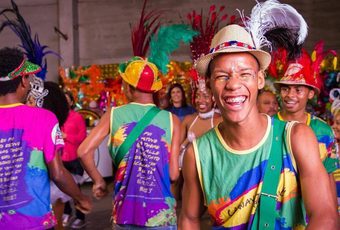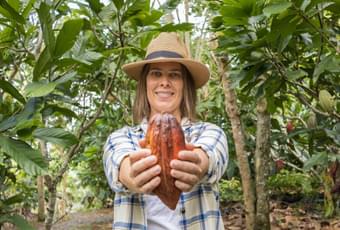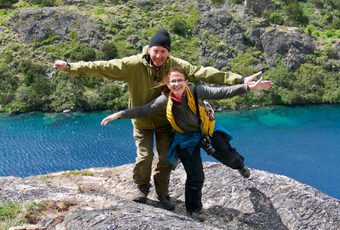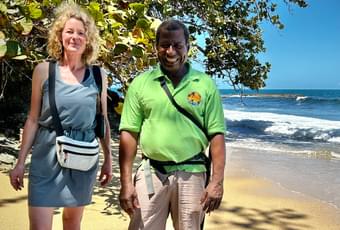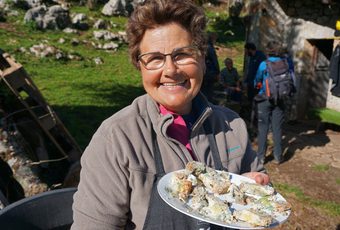Blog
Small change: the broken economics of global coffee
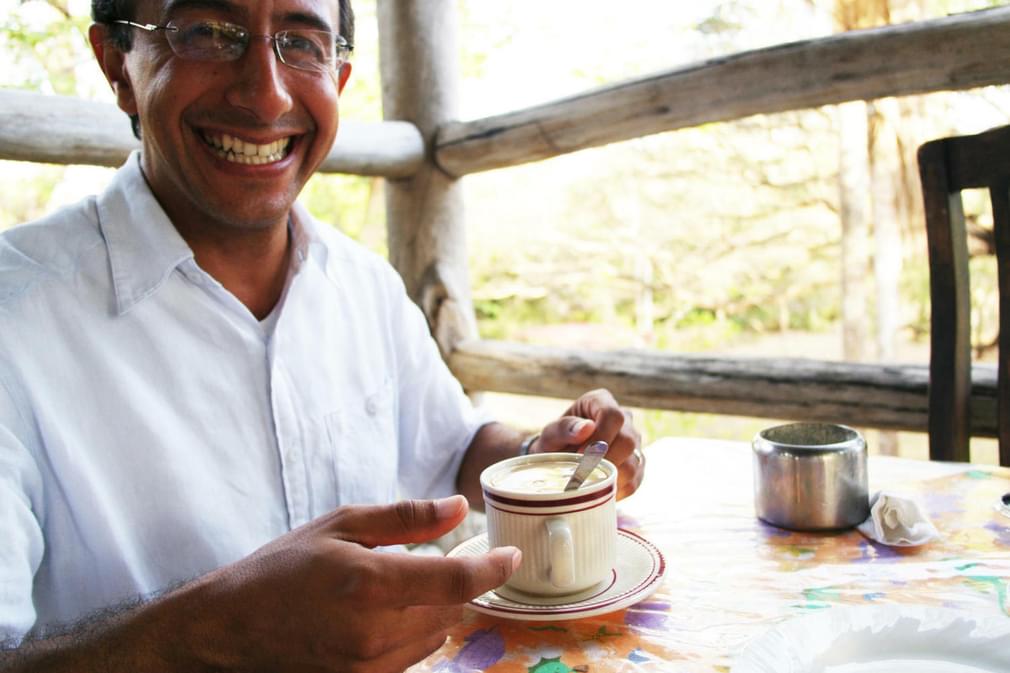
I’m sitting here waiting for the day’s first, precious, sip of coffee. Although the house is still quiet, I suspect I’m not alone. Across the country coffee lovers will be performing their own coffee rituals. In London’s Café Alain Ducasse someone is probably tucking into a £15 cup of single-origin Yemeni drip fed blah-blah.
The global market for coffee has doubled since 2010, now worth $90bn. You can’t go to a bookshop or garden centre without tripping over a barista or two. Time to head into the tropical hills, plant some coffee bushes and count the money, right?
Wrong. A recent article in the Financial Times dug a bit deeper into the economics behind coffee and it’s clear that the market is broken. One US based legal-eagle flew south to farm coffee in Costa Rica only to find that the beans he sold for $600 were eventually retailing out at $30,000.
A combination of oversupply and currency movements mean that the wholesale price for beans is at a 14-year low of $0.90 per pound, and falling. The average cost of producing those beans is somewhere around $1.20.
Apparently the migrant caravan moving up through Central America towards the US includes a good number of erstwhile coffee growers who have simply had to walk away from their coffee plantations. In Peru, the farmers can’t afford fertiliser so the yields drop and they are in a downward spiral.
If you pay £2.50 for a cup of coffee, something under 10p is the cost of the actual coffee so we can be wildly generous, double the wholesale price and still pay only £2.60. If that 10p keeps families working the land and reduces environmental degradation from forcing yields then that seems like a bargain to me.
Pura Aventura currently has an on-pack promotion with Cafédirect here in the UK so we happen to know a bit more about what they do. If you are into detail, you can read their latest impact report here but the headline is that they pay about $2.00 per lb for their beans, you can see for yourselves the positive impact that has on people, communities and the land.
Whilst Cafédirect was the first responsible coffee producer in the UK, it’s not the last, there are lots of them around now, often at the top end quality so there’s no trade-off in taste where I think we can safely say that there used to be. The aforementioned legal-eagle in Costa Rica has set up a direct to (US) consumer channel in Thrive so there’s change afoot.
I guess my request would be that you, we, as consumers, become part of that change. When you see the fairtrade mark, it’s not a hollow marketing exercise, it might be the difference between survival and destitution for the grower. This is why, against my deeply ingrained bargain-hunting instincts, when I see a bag of coffee which doesn’t mention fairtrade, I leave it on the shelf, even when it’s on special offer.
The least I can do is to pay a fraction more to make sure my money does good. Anything else leaves a bitter taste.
For FT subscribers, the original article is here.
Get in touch Subscribe to The Pothole
The Pothole is Pura Aventura's popular monthly email. We share what we love, what interests us and what we find challenging. And we don't Photoshop out the bits everyone else does. We like to think our considered opinions provide food for thought, and will sometimes put a smile on your face. They've even been known to make people cry. You can click here to subscribe and, naturally, unsubscribe at any time.
The Pothole is Pura Aventura's popular monthly email. We share what we love, what interests us and what we find challenging. And we don't Photoshop out the bits everyone else does. We like to think our considered opinions provide food for thought, and will sometimes put a smile on your face. They've even been known to make people cry. You can click here to subscribe and, naturally, unsubscribe at any time.
